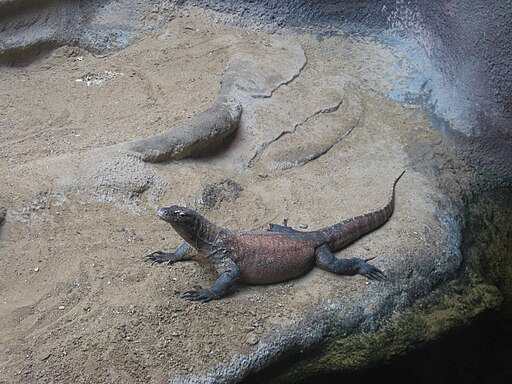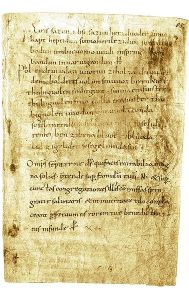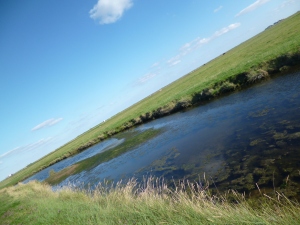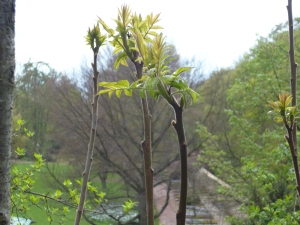Magical Chimes
A silver box with coral lid,
the wintry summer palace glows
atop the steep and even hill.
The pleasure ponds are frozen still;
a thousand windows in neat rows
blink one by one and drink their fill.
A haze hangs in the copse of firs
and birdsong floats, a silver web…
Among the shades, a buzzard stirs.
The clockface on the tower shows
ten in the morning; then it throws
its golden chimes into the wind
like golden coins! The treasure rolls
across the grounds, down to the walls,
across the fields, down to the mill,
where in the yard, a cockerel crows –
as if the land were now awake,
as if today the ice might break.
Christina Egan ©2017
This poem was inspired by walks through the grounds of 18th century palace Schloss Fasanerie, (Eichenzell near Fulda, Germany), which are freely accessible to the public.
One of my best German poems, Aprilabend (Der Tag ist hoch), describes the view across the highlands from there.
You will find another clock tower at Himmelblaue Uhr (Tottenham) and May Haiku (Bruce Castle); the latter post is in English.






